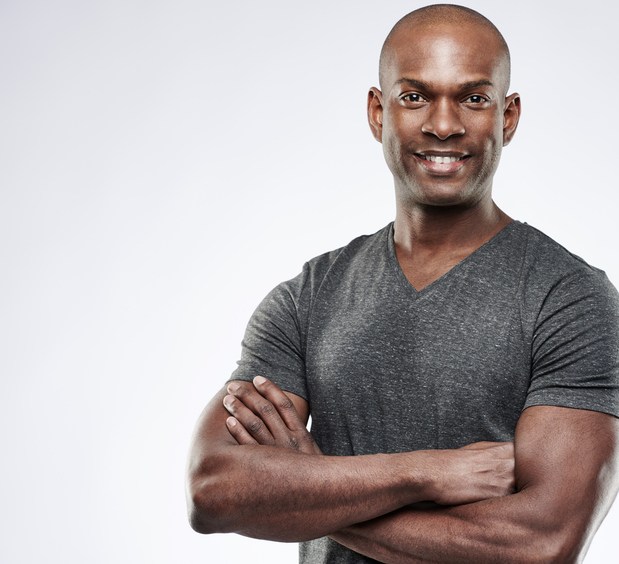Enhancing Male Bodies
Given the body's centrality in signifying male strength, intelligence, and virility, men are increasingly critical consumer base for industries that cater to
athletic body makeover. These industries consist of typical male activities, such as bodybuilding, but now include traditionally female preoccupations like Healthy Weight Loss, fashion, and plastic surgery. Indeed, according to the American Society for Plastic Surgery, between 1997 and 2005 there was a 9 percent aggregate increase in athletic body makeover procedures for men. During the same period, men increasingly sought out non-surgical procedures at a rate of increase of 749 percent. In Beyond Plastic Surgery, a documentary on
athletic body makeovers that often verges into cautionary tale, the message is clear: men are equally obsessed with self-observation and body perfection, underscoring similar claims made in academic and medical circles. Plastic surgeon Richard Fleming, interviewed in Beyond Body Makeovers, observes, "If you had asked what percentage of men came into the practice seeking plastic surgery about ten years ago, I would have responded about ten percent of our patients were men. Today it's fifty-fifty."
The reasons for this increase are varied, and as with most sociological and representational phenomena, there is not a clear cause and effect relationship. We can, however, see the ways in which women's increasing social and economic power have, in many ways, reconfigured a cognitive landscape that historically gave men automatic rights of entry into culturally dominant positions.
Related Articles
-
No Time for Complicated Diets? 25 Fast Weight Loss Tips and Tricks
Its summer, that time of year for lightweight clothing that exposes yo
-
Exercise and Fat Loss ?Effective Steps to Successful Fat Loss
Exercise and fat loss may not be as easy
-
Stuff You Should Know About Quick Trim
All over the world there are people that want to lose weight. There a
-
Green Tea And Weight Loss Can Green Tea Boost Health And Help You Lose Weight
Theres an old Chinese adage that goes something like this, ?Better to
-
10 Tips For Parents With Regard To Obesity In Childhood
1. Focus on reducing intake foods having
-
Tell Me Do You Really Like Being Fat
Once upon a time, I fretted about going to a family wedding because I
- DON'T MISS
- Weight Loss - 7 Days To Losing Weight
- How to Lose Weight Easy
- Get Flat Abs Fast
- Looking at successful people makes you want to be thinner
- Food Police After Gastric Bypass Why Do They Watch Us
- Where Theres a Will, Theres a Way to Know - How Many Calories You Should Eat to Lose Weight
- Fast Easy Tips to Lose That Belly Fat
- What You Need To Understand About Fat Burning Cream
- How To Shed Your Extra Weight For Good
- Diet Tips for HCG Dieters




